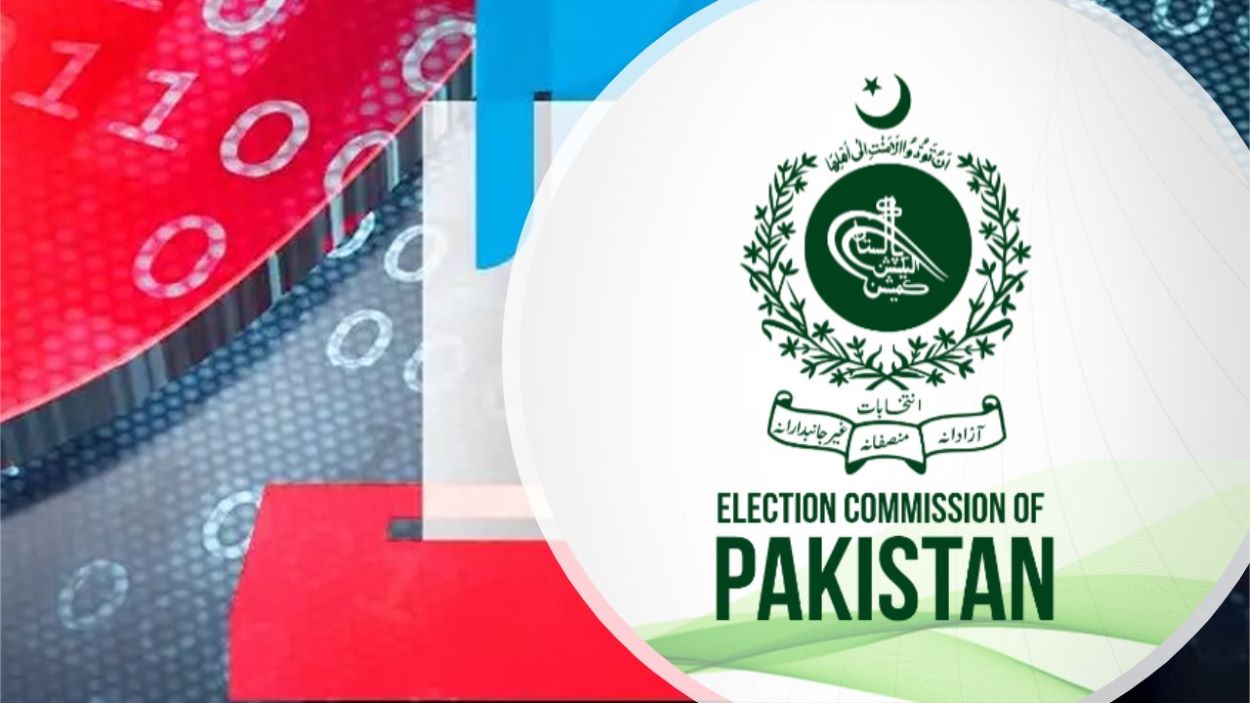Pakistan’s 10th general elections, scheduled for February 8, face the prospect of contested results; the International Crisis Group (ICG) report highlights the diminishing opportunity to address electoral process flaws, suggesting that disputes could mar the elections and potentially undermine the legitimacy of the winning party.
The ICG urges all political factions to respect their rivals’ right to compete and govern if victorious, cautioning against ignoring interventions by interim administrations and law enforcement.
The judiciary has facilitated a more competitive electoral environment despite deep national divisions. However, the Supreme Court’s refusal to grant the PTI party a unified election symbol has incited an international debate.
Amidst this backdrop of political tension and military actions against Imran Khan’s PTI, the ICG’s Asia Director, Huong Le Thu, highlights the necessity for an inclusive electoral process. A disputed election would compromise the next government’s ability to address ensuing political and economic challenges.
The report also touches on Pakistan’s economic predicament, mentioning the temporary relief from an IMF agreement expiring in March. It stresses the importance of a new, sustainable deal with the IMF, contingent on political stability and a credible power transition.
Credibility concerns plague the election commission, tasked with ensuring a fair election. The ICG recommends efforts to restore public confidence and balance the electoral playing field, particularly against the PTI and other disadvantaged parties.
It calls for a concerted effort from all political entities to guarantee an unbiased election, highlighting the vital role of a fair contest in rejuvenating Pakistan’s fragile democracy. The report criticizes the election commission’s failure to prevent undue influences from interim governments and properly manage its staff.
A compromised election could fuel public dissatisfaction and elevate conflict risks in a nation already facing jihadist insurgency threats. The ICG advises the election commission to facilitate free participation for all parties, while the judiciary should protect fundamental rights. Political leaders are encouraged to resist electoral tampering by any government or military branch.
The PTI’s dynamics have shifted 360 degrees since Khan’s ousting and contentious stance against the military, exacerbated by his arrest and the subsequent unrest among PTI supporters.
The commission’s questionable decisions further diminish its standing. The upcoming elections, marred by polarization and potential bias, necessitate prudent actions by the judiciary, election commission, and political parties to mitigate conflict risks.






